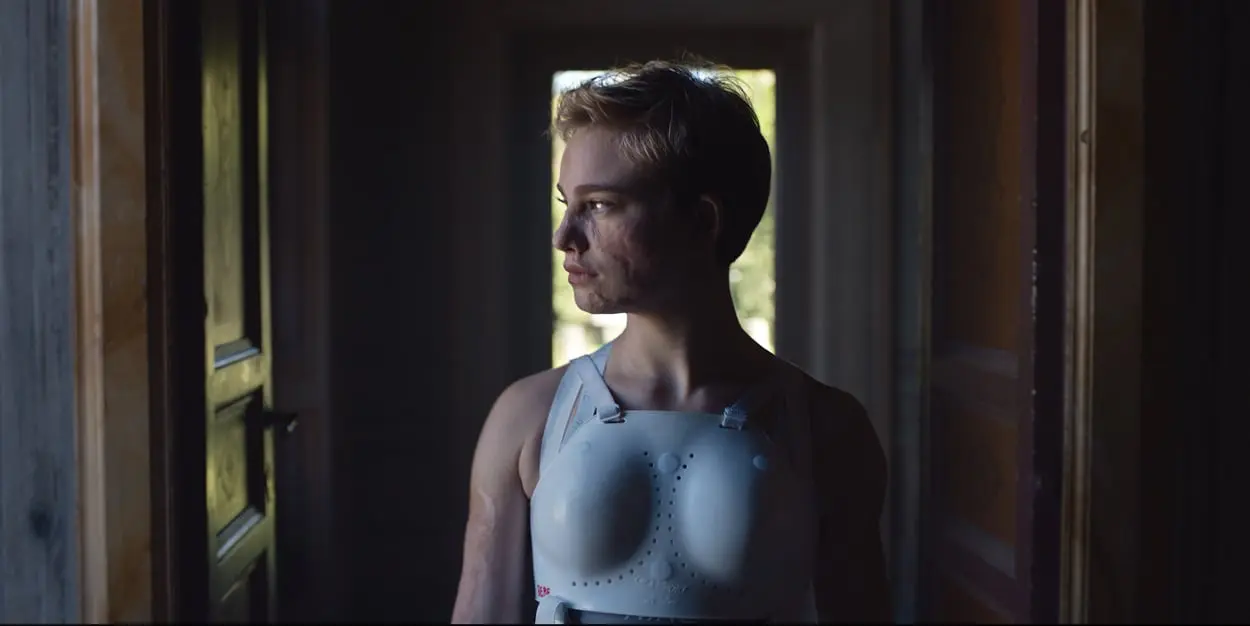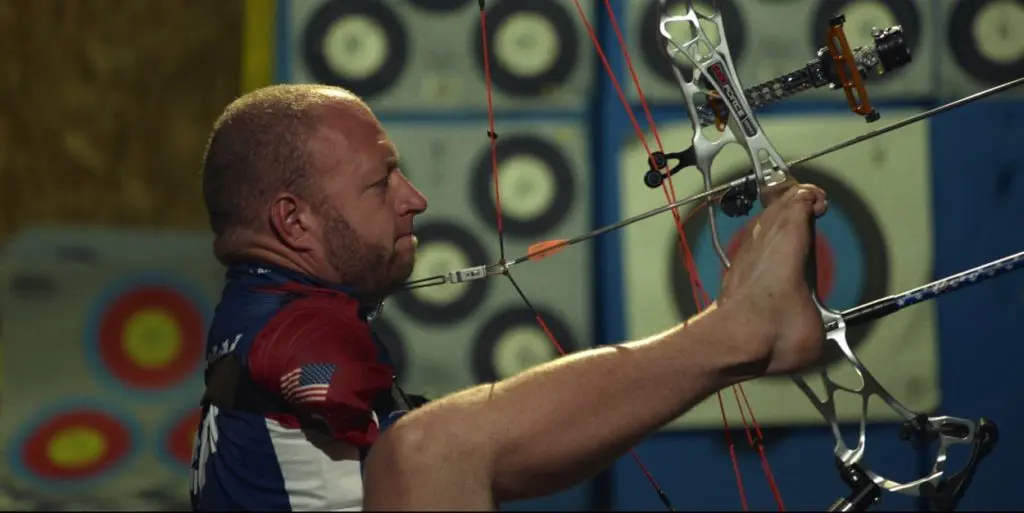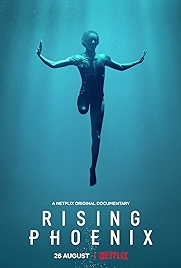As the documentary Rising Phoenix makes clear, the rebranding of what were previously regarded as “disabled” people as a kind of army of X-Men type characters was what transformed the Paralympics. Before London 2012 the Paralympics had been a tacked-on event, the Cinderella of the Olympics. But suddenly the stadiums were full and the crowds were eager to see these remarkable people do their thing.
Working like an extended version of one of those montage clips that big broadcasters like the BBC are so good at making when a big sporting event is in full roar, it’s a film of two parts. One tells the inspirational story of individual athletes and how they made it to the top. The other provides a bit of backstory to fill in the historical gaps.
Among the people we meet are wheelchair fencer Bebe Vio, whose legs were amputated at the knee and arms at the forearm thanks to meningitis (she’s a vociferous advocate for early vaccination, which would have spared her). Ellie Cole, the swimmer who had a leg amputated aged three. Jean Baptiste Alaize, who lost a leg in the Burundi civil war and saw his mother murdered in front of him (“I run to escape,” he says). Matt Stutzman, the archery champion born without arms and whose parents gave him up for adoption. Jonnie Peacock who runs on blades like Oscar Pistorius (who he beat) – meningitis again. And Cui Zhe, the Chinese powerlifter struck by polio when she was only two.
They’re all very different as individuals (I had a particular soft spot for Bebe Vio, so full of life, so sweet, firing off in every direction), but all share a refreshing bloodymindedness and directness, but combine it with compassion – in many ways they are humanity at its best.
And then the backstory – Ludwig Guttmann, the German-Jewish doctor who fled the Nazis and wound up at Stoke Mandeville Hospital in England (he ran the spinal unit), where he inaugurated the Stoke Mandeville Games in 1948. This featured only war veterans with spinal cord injuries and started on the same day as the London Olympics. A clever bit of marketing which would, eventually, lead to the Paraplegic Games (later renamed the Paralympics) being run side by side with the Olympics from 1960 onwards.
It’s been a zig-zag story. In 1980 the Soviet Union didn’t allow a Paralympics – it took place in Arnhem instead – because the USSR officially didn’t have any disabled citizens. The general consensus is that Beijing did a “good job” as regards the Paralympics in 2008, which London built on in the breakthrough year of 2012. And then there’s quite a sizeable chunk of the behind-the-scenes drama surrounding the Rio Games, when cash overspends and shambolic administration made it look like both the Olympics and Paralympics might not happen at all, or if they did were going to be a disaster. In the end it turned out to be a case of “if you build it they will come”. After a shaky first few days, the crowds suddenly started turning up, the games were a hit.
Prince Harry turns up at one point – he founded the Invictus Game for wounded members of the armed forces in 2014 and so shares an interest. And he manages to say something that’s almost non-platitudinal, which for a member of the British Royal Family is remarkable.
It’s a sweet, admirable, informative and inspiring documentary full of people whose determination to succeed puts them outside the normal run of folks (which you could, of course, say about any Olympic athlete too). However, Rising Phoenix sets out to celebrate rather than woo. If you’re not that interested to start with, it’s not going out of its way to convert you.
© Steve Morrissey 2021


